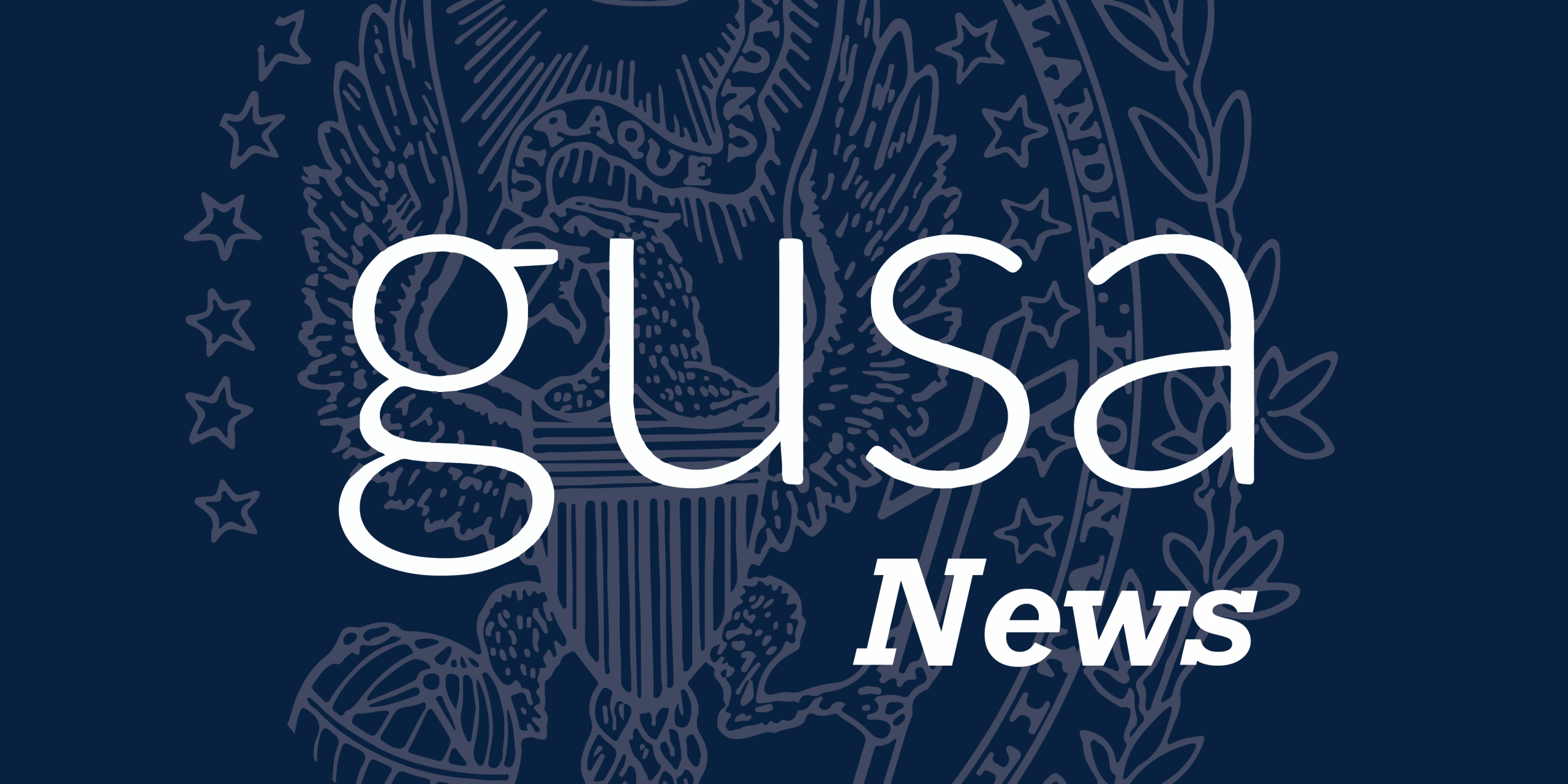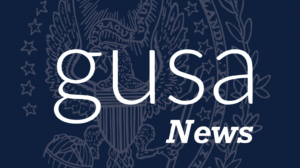The GUSA Senate voted at their meeting on Aug. 2 to sign a petition asking the university administration to change the financial aid process in light of many students reporting they received drastic cuts in their financial aid packages.
The petition, which was addressed to several administrators, including University President John DeGioia, Provost Robert Groves, and Dean of Student Financial Services Patricia McWade, was released that same day. It has 969 student signatures, as well as the signatures of 82 student organizations and 29 faculty members at the time of publication.
The petition demands Georgetown recalculate all financial aid packages, extend the deadline for accepting financial aid packages, respond to award appeals prior to the end of the fall semester as previously planned, waive the student minimum contribution requirement, and reevaluate and publish how financial aid is calculated.
When financial aid was released to approximately 1,400 returning students on July 31, many reported reductions in their financial aid awards. “There are students who are paying more to stay home than they ever did to live on campus, with family contributions increased by a factor of nearly 7,” the petition reads. “There are students whose scholarship awards have decreased by over $15,000.00 since last year.”
Georgetown recently instituted a ten percent tuition cut for students not invited back to campus, primarily benefiting those not on financial aid, though the university also implemented a $2,900 tuition credit for students whose expected family contributions exceeded the value of the tuition cut. While many students petitioned for the tuition cuts, others argued decreased tuition revenues might force Georgetown to cut financial aid.
Though GUSA’s financial aid petition does not explicitly call for Georgetown to reverse its tuition cut, it echoes the argument that the reduction primarily benefits students that do not rely on financial aid.
The petition provides testimony from several anonymous students who were negatively impacted by these changes in their financial aid packages. “I have been forced to make an impossible choice: take classes part-time this semester and pray that my financial situation changes in the near future, or stop attending Georgetown, at least for the semester if not permanently,” one student wrote. “I don’t know what to do, and no one from the university cares.”
The Senate voted to sign the petition non-unanimously by a voice vote. No senators abstained from the vote.
Additionally, the Senate passed a resolution calling for Georgetown to implement hazard pay at a rate of 150 percent of the base wage rate for all employees who work in-person during the COVID-19 pandemic. The resolution also demands the university expand its paid sick and family leave policies, provide personal protective equipment for all employees, and guarantee employment for workers who are unable to return to in-person jobs.
Sen. Joseph Yacovone (COL ’22) introduced the bill by arguing Georgetown has an obligation to support its workers. “As a Jesuit institution, it is our role to protect and honor the dignity of work and make sure we protect and care for those who have served us relentlessly,” he said. “Most of the points expressed [in the bill] have been widely adopted by businesses across the country, and Georgetown should not be an exception.”
The bill passed unanimously by a voice vote. There were no abstentions.
The Senate also passed an act amending the GUSA bylaws to clarify the roles of the Policy and Advocacy Committee (PAC) and its leadership team. The new bylaws state PAC, a Senate committee that handles activities related to promoting university policy change, must approve all legislation that is not related to amending the bylaws or appropriation of funds before the legislation can be considered by the full Senate body. Additionally, the legislation gives the PAC vice-chair the responsibility of coordinating projects with the GUSA Executive by meeting with the executive chief of staff and requires PAC to keep track of policy initiatives and related stakeholders.
The act passed unanimously by a voice vote. There were no abstentions.
Finally, the Senate passed a bill amending the bylaws to change the procedures for Senate elections in light of COVID-19 and the Fall 2020 plan. It mandates Senate campaigns be entirely virtual and prohibits door-knocking from campaigns. The bill also lowers the number of students required for a candidate to successfully petition for a spot on the Senate ballot from 100 to 50 and prohibits first-year students who have been involved with GUSA over the summer from leveraging their involvement in their campaigns.
The bill passed unanimously by a voice vote with no abstentions.
The Senate will hold their next meeting on Aug. 16 at 5 p.m. EST over Zoom.





